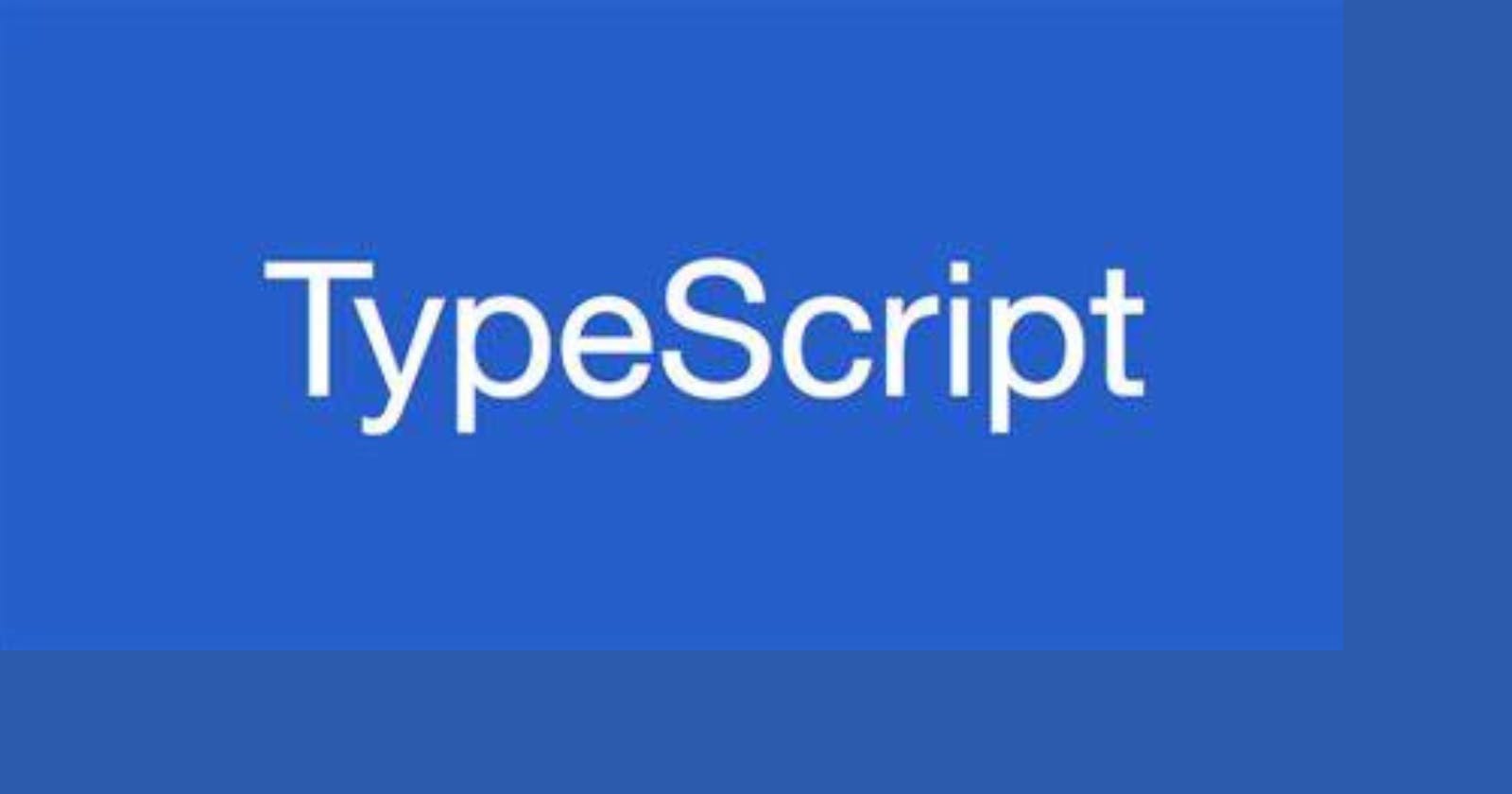TypeScript is a powerful programming language designed to make developing large-scale applications easier and more efficient. It was developed by Microsoft and released in 2012 as an open-source language. TypeScript is a superset of JavaScript, meaning that any valid JavaScript code is also valid TypeScript code. TypeScript adds additional features to JavaScript, such as static typing, classes, interfaces, and more.
In this article, we will introduce TypeScript and discuss its key features and benefits.
Why Use TypeScript?
JavaScript is a dynamic language, which means that variables can have any type at runtime. This can make it difficult to write large-scale applications because it is hard to ensure that the code is correct and free from errors. Type errors can often go unnoticed until runtime, causing bugs that are hard to track down and fix.
TypeScript addresses this problem by adding a static type system to JavaScript. This means that variables have a specific type at compile-time, and the TypeScript compiler checks that the code is correct and free from errors. This catches many common errors before the code is even run, which can save developers a lot of time and effort.
TypeScript also adds other features to JavaScript, such as classes, interfaces, and modules. These features make it easier to write modular, reusable code that is easier to maintain and debug.
Key Features of TypeScript
Static Typing:
TypeScript adds static typing to JavaScript, which means that variables have a specific type at compile-time. This makes it easier to catch errors and ensures that the code is correct and free from bugs.
Classes:
TypeScript adds support for classes, which are a key feature of object-oriented programming. Classes make it easier to write reusable code by encapsulating data and behavior into a single entity.
Interfaces:
TypeScript adds support for interfaces, which define a contract for how objects should be structured. Interfaces make it easier to write modular code that can be reused in different contexts.
Modules:
TypeScript adds support for modules, which are a way to organize code into logical units. Modules make it easier to write reusable code and ensure that there are no naming conflicts between different parts of the code.
Benefits of Using TypeScript
Catching Errors Early:
TypeScript catches many errors before the code is even run, which can save developers a lot of time and effort.
Improved Code Quality: Static typing and other features of TypeScript can improve the quality of code by making it easier to catch errors and write modular, reusable code.
Better Tooling: TypeScript has better tooling than JavaScript, which makes it easier to develop, debug, and maintain large-scale applications.
Improved Productivity: TypeScript can improve developer productivity by reducing the time spent on debugging and making it easier to write modular, reusable code.
Getting Started with TypeScript
To get started with TypeScript, you will need to install it on your computer. TypeScript can be installed using npm, the Node.js package manager. Once TypeScript is installed, you can start using it to write code.
TypeScript can be used with any editor or IDE that supports JavaScript. Popular editors and IDEs that support TypeScript include Visual Studio Code, Sublime Text, and WebStorm.
To write TypeScript code, you will need to create a .ts file and write your code using TypeScript syntax. Once you have written your code, you can compile it to JavaScript using the TypeScript compiler. The compiled JavaScript code can then be run in any browser or Node.js environment.
Conclusion
TypeScript is a powerful programming language that adds static typing and other features to JavaScript. TypeScript can improve code quality, catch errors early, and improve developer productivity. TypeScript is easy to get started with and can be used with any editor or IDE that supports JavaScript. If you are developing large-scale applications, TypeScript is definitely worth considering.

